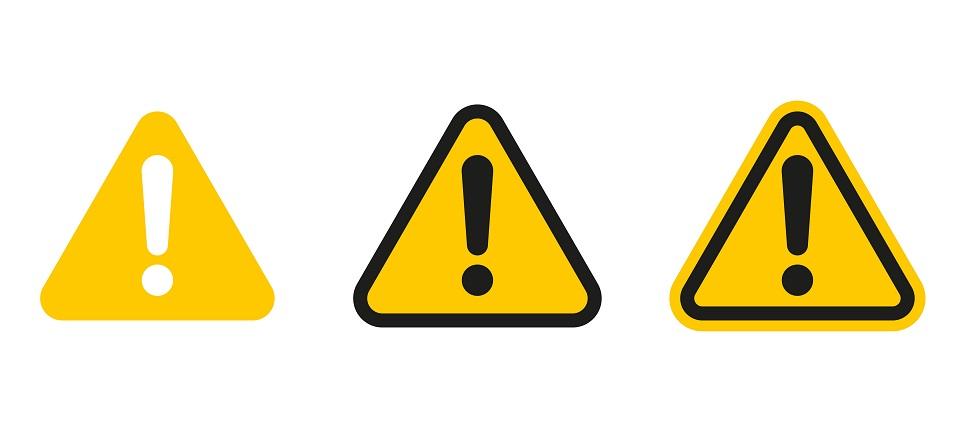Safety alert from Chief Health Medical Officer – Zostavax vaccine
Chief Medical Officer, Professor Paul Kelly, recently provided an important update regarding the Zostavax vaccine, which is registered for use in people aged more than 50 years, and available under the National Immunisation Program for those aged 70-79.

Deaths have occurred since 2017 due to disseminated vaccine-related varicella-zoster virus infection following Zostavax administration. It is important that health professionals are aware of the potential for this very rare adverse event when considering the appropriateness of Zostavax for their patients.
Zostavax is a live, attenuated varicella-zoster virus vaccine that must not be given to people with current or recent severe immunocompromising conditions from either a primary or acquired medical condition or medical treatment. This includes:
-
people who are immunocompromised
-
people who have medical conditions that place them at risk of immunocompromise
-
people receiving low doses of immunosuppressive medication.
Providers and patients must be aware that disseminated varicella-zoster virus infection may present up to 2-4 weeks post-vaccination in immunocompromised patients. Patients should be advised to seek medical attention if they become unwell after receiving Zostavax, and to ensure that they mention their vaccination history.
The Australian Immunisation Handbook contains specific guidance about Zostavax administration in patients who are immunocompromised or have medical conditions that place them at risk of immunocompromise. This guidance includes a checklist on contraindications for specific immunosuppressive medications, including prednisolone, hydroxychloroquine, methotrexate and biologic agents.
The Department will continue to provide updates on this issue through the Therapeutic Goods Administration website and the Australian Immunisation Handbook.



